Product pictures
| Amount Per 0.5 cup | |||
| Calories | 110 Kcal (461 kJ) | ||
| Calories from fat | 40.5 Kcal | ||
| % Daily Value* | |||
| Total Fat | 4.5g | 7% | |
|---|---|---|---|
| Saturated Fat | 3g | 15% | |
| Cholesterol | 30mg | 10% | |
| Sodium | 430mg | 18% | |
| Total Carbs | 5g | 2% | |
| Sugars | 4g | 16% | |
| Protein | 13g | 26% | |
| Vitamin A | 0.1mg | 4% | |
| Calcium | 100mg | 10% | |
* Percent Daily Values are based on a 2000 calorie diet. Your daily values may be higher or lower depending on your calorie needs.
Find out how many calories should you eat.
Ingredients And Nutrition Overview
Best
choice Good
choice Poor
choice Avoid
it!
choice Good
choice Poor
choice Avoid
it!
-
WeightWatchers Points: 2.6, PointsPlus: 3, SmartPoints: 3
WeightWatchers Points are estimated by carbohydrates, fats, protein and fiber in product. They are not an affirmation of better quality or nutritional value of the product or its manufacturer. Only way to count for dieters. Less points are better.
Read more at Weight watchers diet review -
Much saturated fat
Too much saturated fat raises blood cholesterol, that can increase the risk of heart disease.
This fact has been approved by most health organizations in the world.
You have to limit the intake of it by your recommended daily intake.
Ideally, we should eat less than 10% of calories from saturated fat, so the reference value for an average adult is 24 grams daily.
Remember: a 1-ounce slice of regular cheese has nearly 5 grams of saturated fat.
Read more about fat -
Salty! Has over 18% of the daily sodium max
The average American consumes 5,000 mg of sodium daily — twice the recommended amount amount of 2400mg for healthy adults, this is 1 teaspoon of salt.
For medical reasons many people should not exceed 1500mg of sodium.
Surprisingly, you're responsible for only 15% of the sodium in your diet the bigger part - 75% of the sodium that you consume each day comes from processed foods, not home cooking or the salt shaker.
Excess sodium intake increases the risk of high blood pressure, hypernatremia, hypertension, cardiovascular disease and other heart problems.
Are these reasons enough to cut the sodium intake? No doubt! -
Convert Salt tsps to Sodium mg easily
Salt (NaCl) is not excactly sodium (Na).
It is not right to use these terms as synonyms.
The FDA recommended limit of sodium is 2,300 mg per day (or even less - about 1500 mg while one is on low sodium diets).
This is much less than the weight of salt.
(5,750 mg per day or 3,750 mg for low sodium diet) and not so convenient to calculate.
Know how much sodium is in your salt - without a calculator:
1/4 tsp salt = 600 mg sodium
1/2 tsp salt = 1200 mg sodium
3/4 tsp salt = 1800 mg sodium
1 tsp salt = 2300 mg sodium -
2 tsp of sugars per serving
This volume includes both naturally occurring from ingredients and specially added sugars.
USDA tells us that last years each American consumed an average 130 pounds of caloric sweeteners per year!
That works out to 30 tsp of sugars per day approximately 480 extra calories!
Just to think: Eating just 200 more calories daily than your body requires for body functioning and exercise leads to a 20-pound weight gain in a year. -
Interested in getting more protein?
Protein is important, but some of the protein you find in this product isn't exactly natural.
The protein comes from one of the following sources:
- milk protein concentrate
- whey protein isolate
- soy protein isolate
and that it's not ideal to get protein only from processed goods.
If you're looking for more protein, try beans, quinoa, nuts, seeds, peas and spinach & leafy greens.
Not only do they have protein, they're filled with other vitamins and minerals. -
A naturally good source of Calcium
You get real, natural easy absorbing Calcium from this product, not as an artificial fortified ingredient.
This is great! Let's try to get the best from the real food, because we get too much from artificial ingredients nowdays.
Allergens
Milk Allergy, Lactose Allergy
You Might Also Like
% RDI of Main Nutrition Facts
6%
of RDI* (110 calories) 118.3 g
-
Cal: 5.5 %
-
Fat: 6.9 %
-
Carb: 1.7 %
-
Prot: 26 %
-
0%25%75%RDI norm*
Calories Breakdown
- Carbs (17.1%)
- Fat (38.5%)
- Protein (44.4%)
Get Your Recipe of Health!
Follow RecipeOfHealth on Facebook!

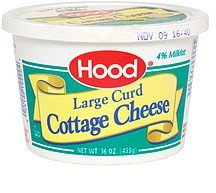
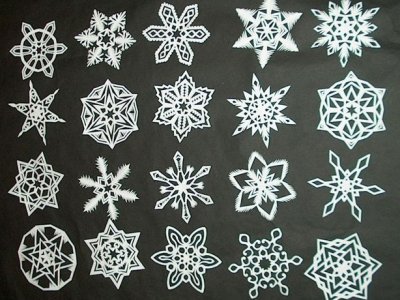
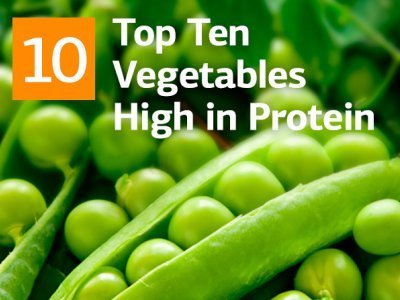

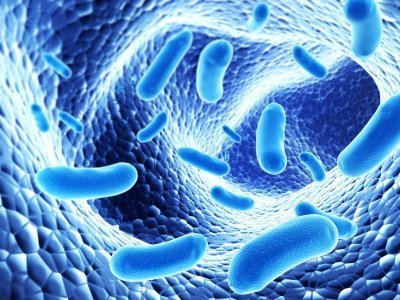









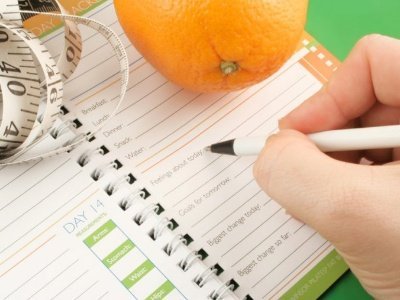
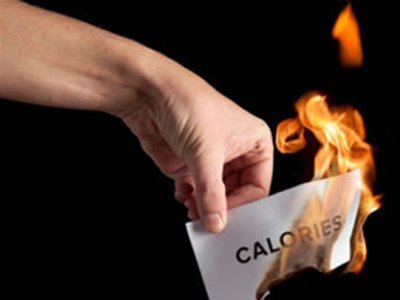
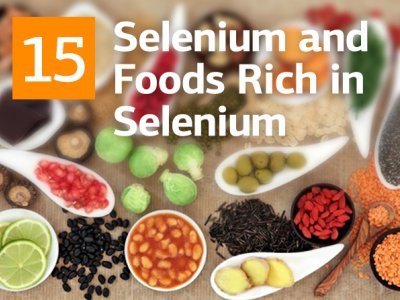
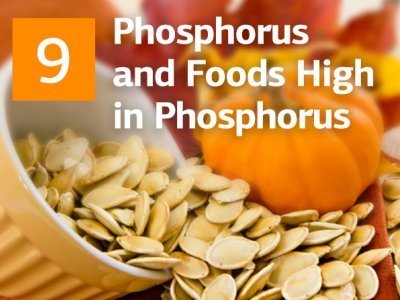
Add your comment